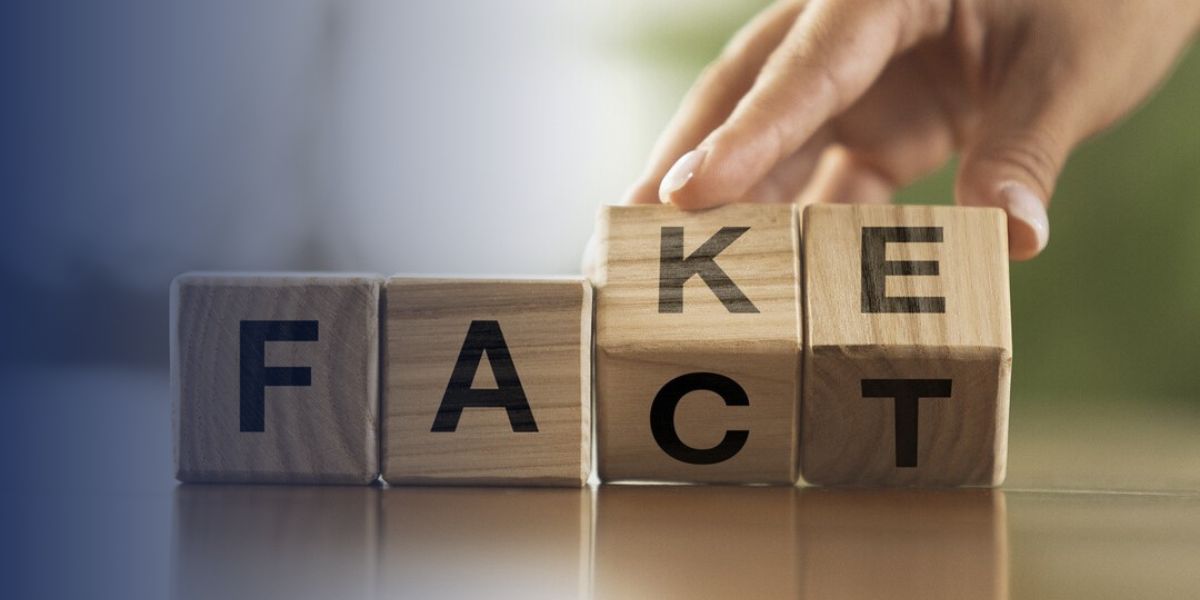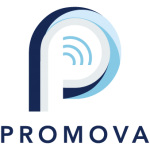
By Eniola Olaogun and Eric Althoff
Did you know that 49% of the information we read online is false? Seems like a crazy metric, right? Well, that’s because this “fact” is actually false too. Did you believe it?
This is a prime example of misinformation, which refers to the unintentional spread of incorrect information rather than a deliberate spread to cause harm.
In our digital age, where information is readily available in so many formats, and especially now as we get closer to the elections, ensuring its accuracy is critical. Social media has proven to be a breeding ground for the rise in false information given its lack of traditional editorial standards. The nature of misinformation in digital media can lead to a polarizing environment for its audience. But remember, it is the responsibility of the writer to be aware of their individual impact and to uphold information integrity. You, as a writer, have the power to combat this.
The task may seem daunting, but it will soon become second nature when you continuously use preventative measures. Here are three methods to employ before you publish:
Media Literacy: Strengthening your skill set to be able to critically evaluate writing is arguably the most important. The skillset includes differentiating between credible and non-credible sources, identifying propaganda, analyzing messaging, and communicating information forward. Writers need to actively engage in analyzing, evaluating, and questioning all types of media to minimize the possibility of overlooking inaccurate data. Incorporating relevant and reliable studies that have been published in the last 90 days also makes the content timelier and up –to date.
Fact-Checking: With any piece of writing, the planning stage is where the writer can freely generate ideas and synthesize their data. During this stage, it is critical to employ media literacy by pulling information from credible sources. Digital library databases are a great starting point as they offer a collection of scholarly articles on a wide variety of topics. Within many of these libraries, you can use keywords and filters to narrow down results. Remember, peer-reviewed pieces can be found within these libraries and are considered more reliable than general articles because they are read and reviewed by unbiased subject-matter experts.
Second set of eyes: While using experts in the review process is beneficial, not every writer may have this kind of access. Having a non-expert read through your work can still be beneficial. The person can also offer a fresh perspective, providing more information, pointing out unclear explanations, and catching errors or inconsistencies.
Writing is such a powerful tool. Every writer has a platform, and many wish to share their perspectives with the public. However, each writer must be aware of the power they hold to skew perspectives as false information tends to spread like wildfire. The need for accuracy cannot be overstated. While it may extend the process, taking the extra steps of media literacy, fact-checking, and review limits the spread of misinformation and keeps writers protected. You will strengthen your credibility and reach a wider audience.
